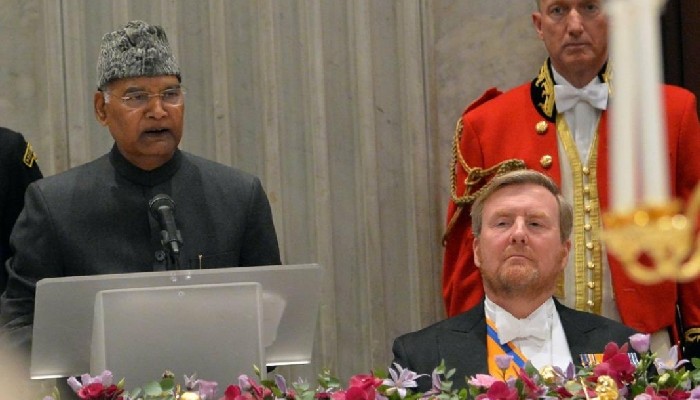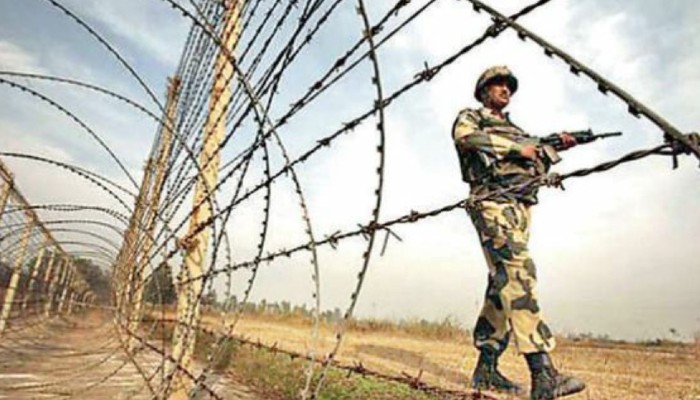The decision of the government to abrogate Article 370 from Jammu and Kashmir was driven by a wish to uniformly apply all national laws in the former state
The decision of the government to remove Article 370 from Jammu and Kashmir was driven by a wish to uniformly apply all national laws in the former state. Before the abrogation of Article 370, the laws which are applicable to other states of the Union of India were not applicable to Jammu and Kashmir. Under Article 370, the jurisdiction of the Parliament of India and the federal government jurisdiction was only over limited matters with respect to the former state. With the abrogation of Article 370, scores of central laws are now applicable in Jammu and Kashmir. Prevention of Corruption Act of the Indian Constitution is also one of the laws which are now valid in Jammu and Kashmir.
The Central Bureau of Investigation (CBI) has registered the first couple of corruption cases under the Indian Penal Code and the Prevention of Corruption Act against several Mough Block Development Council officials in Rajouri district of Jammu and Kashmir. The complaint alleges that the Block officials demanded exorbitant bribe amounts in exchange for processing a file for payment under the MGNREGA programme. This is the first case of corruption registered in the newly formed Union Territory of Jammu and Kashmir after the Indian Constitution was applied to the region.
 Contact Us
Contact Us  Subscribe Us
Subscribe Us









 Contact Us
Contact Us
 Subscribe
Subscribe
 News Letter
News Letter

